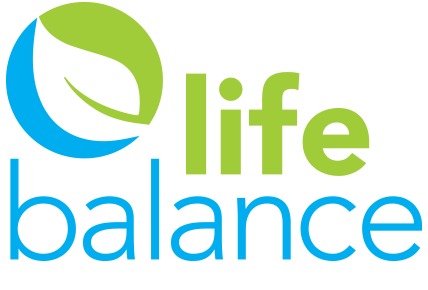The Beauty & Benefit of Taiji
Focus your mind, breathe deep and gently move with deliberate purpose. Taiji Chuan (Tai chi) is an ancient practice that combines a graceful combative martial element with the benefit of meditation. It is a mind-body exercise that not only develops the body while training the mind, but seeks to properly integrate these two often disassociated elements of our daily human experience. Modern medical science has been examining Taiji for decades, attempting to determine what it does for its practitioners.
A 2013 Plos-one study found that “…Tai Chi is beneficial for improving arthritic symptoms and physical function in patients with osteoarthritis and should be included in rehabilitation programs.” However, the benefits reach much further than common knee pain, as this study from the American Journal of Physical Medicine & Rehabilitation found: “Controlled research evidence was found to confirm therapeutic benefits of Taiji practice with regard to improving quality of life, physical function including activity tolerance and cardiovascular function, pain management, balance and risk of falls reduction, enhancing immune response, and improving flexibility, strength, and kinesthetic sense.” In terms of advantages to the mind, Taiji has also been explored for psychological benefit. The journal Psychiatric Clinics of North America conducted a research study on the effect of Taiji on mental disorders and concluded that Taiji : “may be effective for improving symptoms of Parkinson disease, traumatic brain injury, sleep disturbance, substance abuse, and cognitive impairment” and additionally found benefit to those suffering from anxiety, stress and depression. Several dozen studies with similar results prompted the Canadian Family Physician journal to conclude in 2016 that “there is abundant evidence on the health and fitness effects of tai chi.”
This briefly outlines some of the benefits of Taiji but does not adequately communicate what Taiji is or what it means to a practitioner to preform its teachings. Clinically examining an art form with several centuries of wisdom embedded within its careful motions, these scientists are attempting to pluck out specific benefits to specific illnesses as we understand them today. As a practitioner and teacher of Taiji, I can say that the movements remind the body that not only is it subservient to the mind, but that the purpose of its existence can be understood best through the most basic yet most profound aspects of life, breath and movement.
REFERENCES
https://www.health.harvard.edu/staying-healthy/the-health-benefits-of-tai-chi
https://www.medicalnewstoday.com/articles/265507.php
https://www.ncbi.nlm.nih.gov/pubmed/15314540

